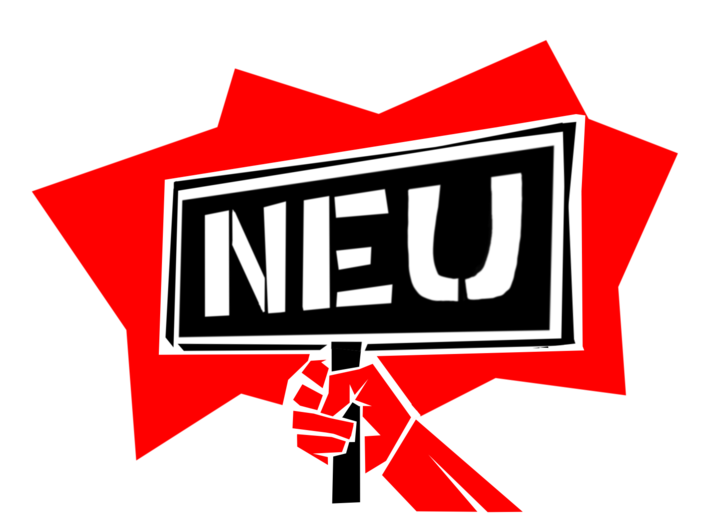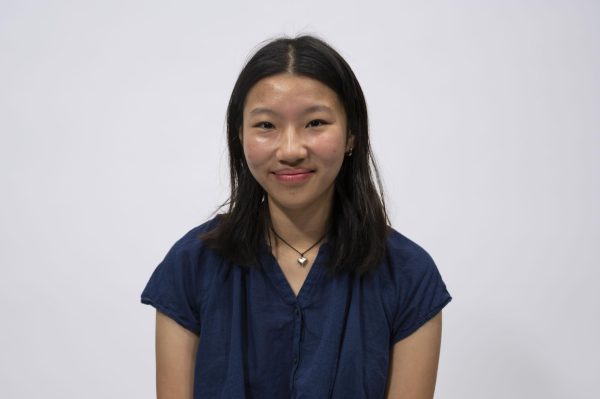Amid the Israeli-Palestinian conflict, university campuses across the United States have become grounds for ideological battles in the form of protests and demonstrations, particularly in the college city of Boston. The rise in protests, notably by pro-Palestinian groups, has provoked intense arguments and, in some cases, incidents of retaliation and hatred by opposing groups, calling the entire nature of these demonstrations into question.
On college campuses, backlash against pro-Palestinian groups has been widespread. Students for Justice in Palestine, or SJP, and Jewish Voice for Peace, or JVP, at Columbia University were suspended as official student groups until the end of the fall semester, and the SJP chapter at Brandeis University was banned. At Harvard University, a doxxing-truck labeled Pro-Palestinian students as “Harvard’s Leading Antisemites.”
Many of the protests’ critics assert that banning these demonstrations is the solution, claiming that limiting such “controversial or hateful speech” will prevent tensions on campuses from escalating. Groups like the Anti-Defamation League have claimed that terms used by SJP like “ethnic cleansing, apartheid, forced sterilization and genocide,” are hate speech against Israel and Jewish people. These, however, are valid arguments and terms used to depict the human rights violations of the Israeli government. Furthermore, such attitude on limiting protest rights is fundamentally flawed. Protesting is a basic human right, a pillar of democratic society and the foundation upon which countries like the U.S. were established. Protesting is a powerful tool for citizens to express their discontent and push for social, political or cultural change. It is a peaceful and productive means of expressing oneself, allowing individuals to actively shape the course of their communities and nations. By attempting to suppress protests, we risk undermining democratic norms that emphasize the value of many voices and perspectives in the public space.
Universities, which are commonly considered incubators for social justice movements, should be places where different points of view flourish and criticism is met with dialogue rather than suppression. Restricting students’ right to protest not only limits their freedom of expression, but also fosters alienation and antagonism that could have been avoided. Many Arab and Muslim students at Northeastern have felt that the university has ignored their demands and instead fostered this hostile environment.
The pro-Palestinian student movements of today are part of a broader tapestry of student activism, one that is reminiscent of the student movements of the 1960s. They are both rooted in a desire for social justice and addressing injustices, both in the U.S. and on a global scale. The 1960s student movements left behind a legacy of promoting American student political activism and altering public perceptions of free speech on college campuses. However, administrators at universities then responded to these initiatives in a similar way to how they currently respond to pro-Palestinian student organizations. Administrators at universities would attempt to halt the demonstrations and enforce disciplinary actions but would later modify them by either lifting or easing the restrictions in response to student outrage. These similarities serve as a compelling argument against the present censorship, which has only served to widen the divide between students and universities’ administration.
The alarming pattern of schools and institutions outlawing pro-Palestinian organizations creates an alarming precedent that is evocative of historical periods like the Red Scare and McCarthyism. During the early 1950s in the Cold War era, Wisconsin Senator Joseph McCarthy conducted a series of investigations and hearings to investigate alleged communist infiltration of various branches of the U.S. government and in the fields of journalism and Hollywood. This instilled fear and intimidation among left-leaning individuals in the U.S. in order to avoid being labeled as a “communist.” Students who speak out against the Israeli and American governments for funding and orchestrating what many call a genocide are now labeled “antisemitic,” which has discouraged many people from speaking out for fear of losing job opportunities, being harassed and being doxxed.
Universities may be driven by a desire to keep receiving donations, but it would be more grievous to alienate and silence current students. Donors at prominent colleges such as Harvard and the University of Pennsylvania have threatened to sever relations if the student clubs promoting “anti-Israeli” views are not condemned. On the other hand, a university that bills itself as educationally liberal should defend the ideals of free speech and nonviolent dissent. These student organizations are protesting the persistent human rights’ violations, occupation and the loss of thousands of innocent lives.
Universities bear the risk of losing the vibrant, dynamic environment that is essential for both intellectual advancement and the development of well-rounded individuals when they impose restrictions on the room for discussion and disagreement. The hostile atmosphere that is seen around campuses in the Boston area is a clear illustration of this, as students feel betrayed by institutions that have decided to suppress their right to hold demonstrations and protest Israel’s regime of oppression and domination. The repercussions transcend beyond the existing student body, influencing prospective students’ decisions to apply or not based on an institution’s commitment to free speech.
Ideological disagreements cannot be resolved by putting an end to demonstrations on college campuses. Student organizations who support Palestine are demonstrating for the rights of families, children and a society that has endured nearly 75 years of unrelenting violence and aggression. This false notion that these organizations are promoting hatred is aiding in the suppression of this social justice movement. Upholding democratic norms and preserving the core ideals of universities — the pursuit of knowledge via free and open discussion — go hand in hand when it comes to defending the right to protest.
Salma Sheikh is a first-year public health and journalism major. She can be reached at sheikh.sal@northeastern.edu.






















